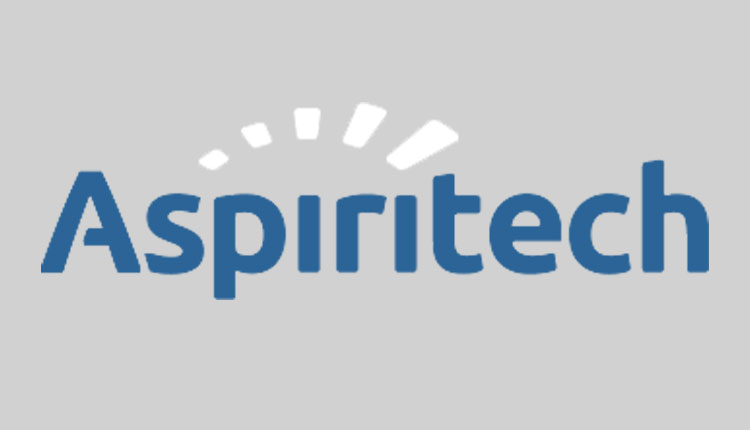Aspiritech Provides Tech Jobs for Individuals with Autism
It’s common knowledge that adult individuals with autism spectrum disorders (ASD) are chronically underemployed or unemployed. But shockingly, a 2009 U.S. Department of Education survey found that the employment rate for young adults with autism was at the same level as that for deaf-and-blind young adults and even below that of individuals with blindness alone, learning disabilities or traumatic brain injuries.
In the midst of this dismal reality, some progress is being made.
Yet another company hiring individuals with Asperger’s for computer tech jobs is finding success, this time in Highland Park, Illinois. Aspiritech draws inspiration from the Danish company called
Specialisterne, or “the Specialists” which seeks to find tech employment for a million individuals on the spectrum through its global chapters.
NonPareil, an autism non-profit tech training center in Plano, Texas is still another program we’ve recently reported on that plans to provide living quarters and jobs to high and lower functioning individuals as the company expands.
Organizations such as Aspiritech, The Specialists and nonPareil harness the intense focus, love of repetition and detail-oriented nature of individuals with autism to great effect. The companies’ prestigious clients are uniformly pleased with the results of hiring ASD companies.
Dan Tedesco of Shelton, Conn.-based HandHold Adaptive, used Aspiritech to test an iPhone application, noting, “There is a pride in their product you don’t usually see in this type of work” and that “they exceeded his expectations.” He found their prices competitive and appreciated being able hire within the U.S.
Many of Aspiritech’s software testers were adults when they first learned they were on the autism spectrum, missing out on the tremendous strides in autism in the course of their lifetime. Aspiritech gives them a safe and understanding work environment and also helps them forge needed social skills by teaching the 20- and 30-somethings how to work together and taking them on organized outings in the community such as bowling and dining in restaurants.
Right now, the company’s revenue is 60% donations and 40% revenue from clients, an equation they hope to keep rebalancing — in the immediate future, they seek 50/50 revenue. Employees are paid $12 to $15/hour, with the appreciation that they are learning job skills that will prepare them for bright futures within the tech industry.
I’m thinking there should be a humanities equivalent of these kind of job initiatives. Not everyone with autism is a techie. I would love to see equivalent programs for careers in the media and arts.

